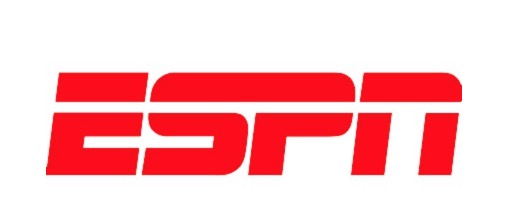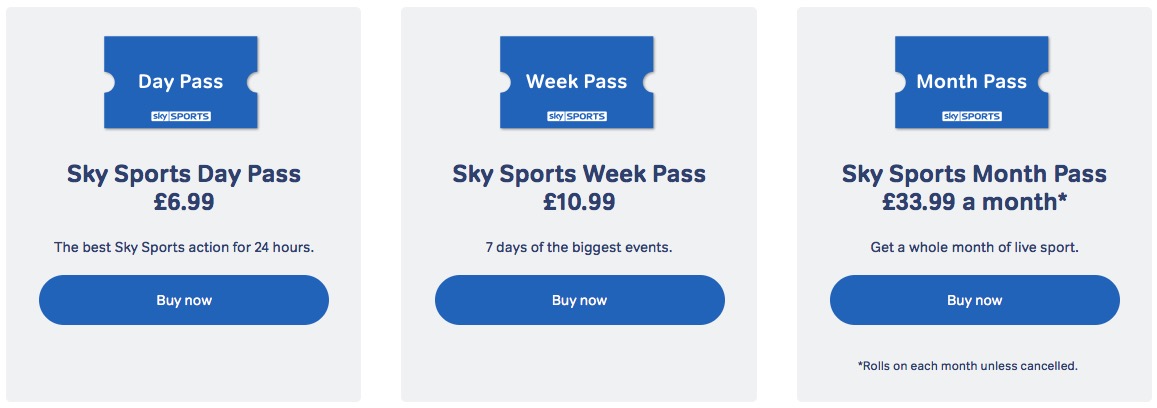Ad Disclosure
ESPN Says Its Streaming Service Will Launch Next Year
By Kyle Scott
Published:

However, speaking at the Goldman Sachs Communacopia investors conference in New York, Iger announced the launch would take place in 2017. He said the service would be complementary to the current ESPN networks and could offer live coverage of specific sports and tournaments.
“Let’s look at it as an add-on product, not as a substitute product for ESPN, the mothership,” Iger said.
He continued: “We’re not doing this because we believe the current business model is in any way crumbling. We’re doing it because we think we have more opportunity to reach more sports fans and also because we can’t predict right now where the business goes over time.”
Derp.
ESPN’s entire business model is built on people – sports fans or otherwise – paying roughly $7 per month as part of their cable bill. It’s what allows ESPN to pay billions in TV rights deals. The trouble is, obviously, that ESPN is losing money as more people cut the cord. The solution for ESPN is not easy, or obvious, but it seems their version of a streaming platform is actually just add-on options to their current more traditional offering. Which actually makes a lot of sense. My guess is that Iger is describing a product that includes mostly one-off events or sports not currently on the main ESPN channels, like e-sports, cricket, soccer, rugby, sailing, and golf. Those might appeal to niche audiences, but would do little to change the experience for most people, who just want SportsCenter and some football and basketball coverage. It sounds more like an attempt to gap the revenue lose with incremental offerings than a wholesale change in philosophy.
ESPN is on most of the viable streaming platforms– PlayStation Vue, Sling TV, and it sounds like they’ll be a part of AT&T’s DirectTV Now, which sounds very compelling. But the problem will never be their availability to people who want to pay for ESPN, rather it’s all about the ability for non-sports fans to subscribe to a package that doesn’t include ESPN. Right now, they’re on two of the three Vue packages, all three Sling packages, and probably the majority of DirectTV’s unannounced lineup. The cable model is just transitioning to streaming. I’ve argued that cutting the cord has never been about saving money and that streaming bundles would eventually be needed for convenience. Cutting the cord is all about experience and ease of use. It’s about the ability to watch anywhere, at anytime, without having to worry about whether a certain program or channel is available or if it needs a login.
The problem for ESPN is that with so many options, people who don’t like sports or don’t want to pay to watch them – which I’m guessing is more than half of the country – will find a solution that doesn’t include ESPN. And that means people who do want ESPN will eventually pay more for it, whether that’s in a bundle or as a standalone option.
Lo, Iger cited the UK’s Now TV as an example of what ESPN could do for an a la carte service. Here’s what that looks like:
That’s $9.05, $12.95, and $42.72. Now, that wouldn’t necessarily be ESPN’s pricing, but it’s clear that subscribing for even one day per month could cost about as much as the carriage fee most people are paying their cable company for a full month of ESPN. So it essentially forces even the most casual sports fan into a bundle that already includes ESPN, unless they only want to subscribe for a one-time event, like the NBA Finals.
What ESPN is doing is smart– they’re making themselves available on virtually all the major streaming bundles and as an a la carte option to more casual fans. But as more non-sports fans cut the cord, the cost to get ESPN in those bundles or as a standalone option will continue to rise, and they could eventually hit a point where they start fazing out even hardcore sports fans, or stiff-arm a new generation away from sports entirely (how many of us count watching SportsCenter in the 1990s as a major part of our sports fandom?). That’s the real issue. ESPN’s supposed demise has nothing to do with FOX Sports – despite Scott Van Pelt’s silly screed about how ESPN is kicking their ass – and everything to do with a substantial portion of the population slowly deciding that they don’t want to pay ESPN each month. ESPN is doing their best to make that difficult, but eventually we’ll all pay for it. Or maybe we won’t.
Kyle Scott is the founder and editor of CrossingBroad.com. He has written for CBS Philly and Philly Voice, and been a panelist or contributor on NBC Sports Philly, FOX 29 and SNY TV, as well as a recurring guest on 97.5 The Fanatic, 94 WIP, 106.7 The Fan and other stations. He has more than 10 years experience running digital media properties and in online advertising and marketing.
